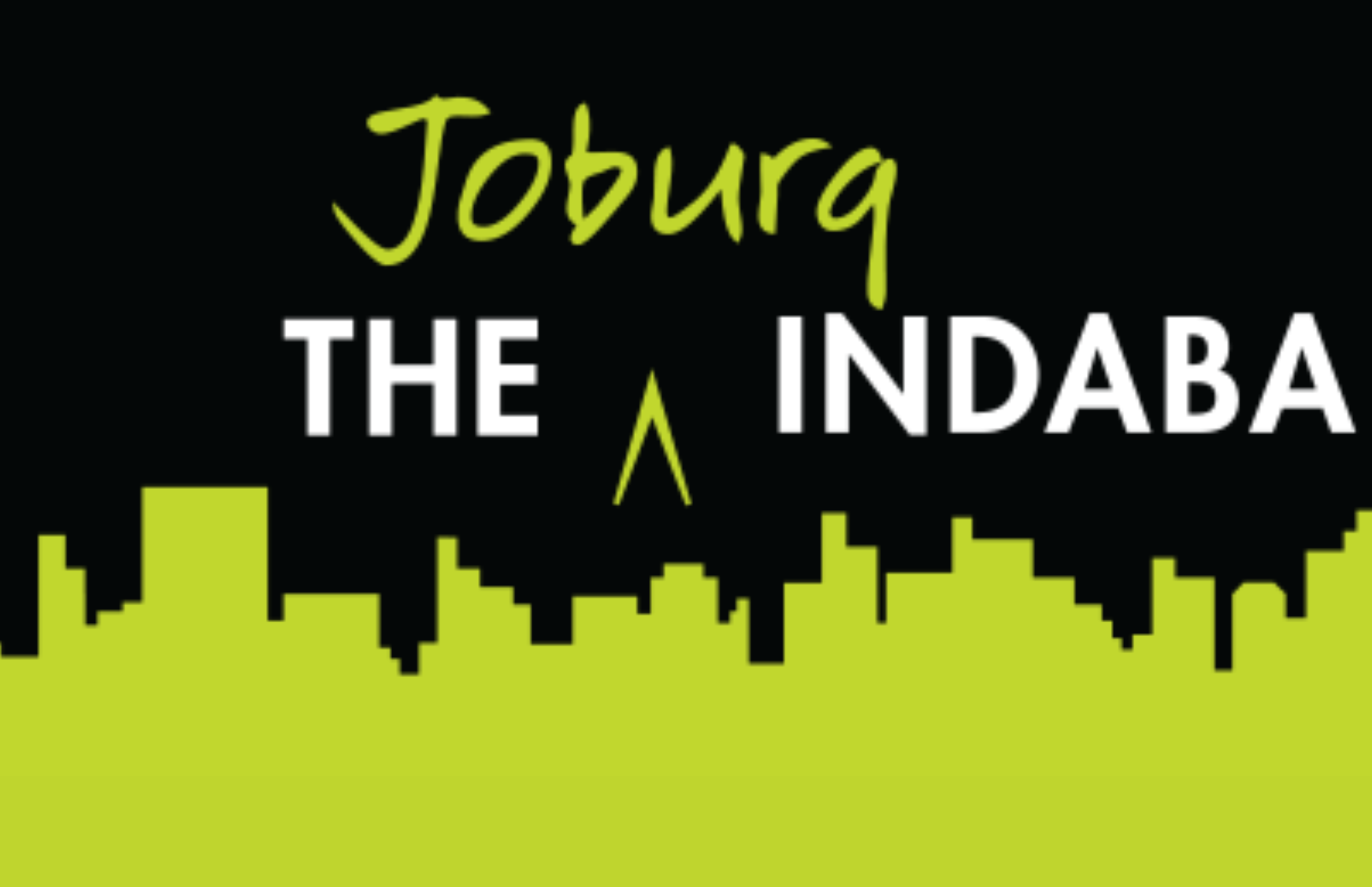Key takeaways from the Joburg Indaba
Opinion Pieces

15
Oct
2024
Key takeaways from the Joburg Indaba
Project Blue attended the 15th Joburg Indaba, which took place at the Inanda Club in Sandton, Johannesburg, during the first week of October.
Every year, the Joburg Indaba provides a platform for stakeholders within the South African mining industry to discuss the issues facing the mining industry and to increase collaboration between the private and public sectors.
The overarching theme of this year’s event highlighted the current opportunities available to encourage sustainable economic growth and discuss the path toward the reindustrialisation of the country. Key industry speakers included the President of the Minerals Council South Africa, Dr Nombasa Tsengwa; the Chairperson of Eskom, Dr Mteto Nyati; the Minister of Trade, Industry and Competition, Parks Tau; and the Minister of Mineral and Petroleum Resources, Gwede Mantashe. In addition, panel discussions featured key mining, industrial, and government entities.
The industry faces significant challenges, including attracting investment and talent. Since the inception of the sixth administration, determined efforts have been made to bolster private sector involvement to revitalise the economy and encourage reindustrialisation. Discussions at the Indaba highlighted the private sector’s readiness to collaborate with the government as challenges related to state-owned enterprises (SOEs) continue to hinder the mining and refining industry. Delegates from the private sector called for the implementation of appropriate regulations and effective policies to attract local and international investments. The National Crisis Committee has already advanced solutions to facilitate private sector engagement on various issues, including the country’s logistics and electricity crises.
Discussions about SOEs such as Eskom and Transnet focused on their financial struggles, restructuring needs, and the push for cost-reflective tariffs. Eskom’s CEO, Dan Morokane, stressed balancing the affordability of the energy transition with ensuring energy security. Although many renewable projects have been approved, delays persist, allowing Eskom time to develop a strategic renewable energy approach that considers communities reliant on existing power stations. Eskom’s suggested electricity tariff hikes of 36.15% for 2026 and an additional 20.91% for the subsequent two years are intended to cover operational costs for the energy network.
Over the past two decades, the industry’s structural decline has exacerbated issues, with declining investor confidence and funding shortages impeding growth. The development of public–private partnerships (PPPs) presents a potential solution to enhance industry resilience. Current logistical issues in the country have resulted in a decline in exports from local ports, with many producers opting to utilise ports in neighbouring countries such as Lüderitz in Namibia and Maputo in Mozambique. Increasing energy costs have led many producers to focus on raw material exports instead of refining, resulting in more of the country’s furnaces being placed on care and maintenance. The new administration’s emphasis on reforms and private sector participation, especially in the freight and energy sectors, is key to restoring the competitiveness of South Africa’s mining and refining industry, attracting investment, and ensuring long-term sustainable economic growth.